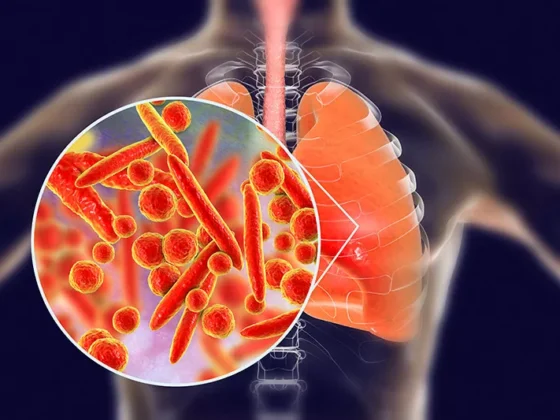New Delhi, September 28: In a significant step towards addressing the growing burden of non-alcoholic fatty liver disease (NAFLD) in India, the Union Health Ministry has released revised operational guidelines and a training manual for healthcare providers. These guidelines aim to improve the diagnosis, management, and prevention of NAFLD, a condition that affects millions of people worldwide.
Addressing the session, Shri Apurva Chandra, Union Health Secretary said that “India has taken the lead in recognising NAFLD as a major NCD”. He said, “NAFLD is rapidly emerging as a major public health concern, closely linked with metabolic disorders such as obesity, diabetes and cardiovascular diseases. Out of 10, one to three people can have NAFLD which highlights the impact of the disease.”
Shri Chandra highlighted that “the release of revised operational guidelines and training modules reflects the importance being given by the Union Health Ministry to curb the disease.” He said these documents will provide a framework for health workers at all levels, from community health workers to medical officers. He also emphasized the importance of continuum of care for people who have been diagnosed with NCDs and underlined the need for lifestyle modification for reducing the prevalence of NAFLD.
Non-Alcoholic Fatty Liver Disease: What You Need To Know
NAFLD is a common condition characterized by the accumulation of excess fat in the liver cells, even in individuals who do not consume excessive alcohol. It can range from simple fatty liver to non-alcoholic steatohepatitis (NASH), a more serious condition that can lead to liver cirrhosis and liver failure.
The revised guidelines provide comprehensive recommendations for the diagnosis and management of NAFLD. They emphasize the importance of early detection and intervention to prevent the progression of the disease. The guidelines also highlight the role of lifestyle modifications, such as weight loss, healthy diet, and regular exercise, in managing NAFLD.
The training manual developed by the Union Health Ministry is designed to equip healthcare providers with the knowledge and skills necessary to effectively diagnose and manage NAFLD. It covers topics such as the epidemiology of NAFLD, clinical features, diagnostic tests, and treatment options.
The release of these guidelines and the training manual is a significant step towards improving the care of patients with NAFLD in India. By providing healthcare providers with standardized guidelines and training, the ministry aims to enhance the quality of care and improve patient outcomes.
NAFLD is a growing public health concern in India, with a significant number of people at risk due to lifestyle factors such as obesity, sedentary lifestyle, and unhealthy diet. The revised guidelines and training manual will help to raise awareness about NAFLD and promote early diagnosis and treatment.
It is important for individuals to be aware of the risk factors for NAFLD and to take steps to prevent or manage the condition. Regular check-ups with a healthcare provider can help identify early signs of NAFLD and initiate appropriate treatment. The effective management of NAFLD requires not only a sound understanding of the disease condition but also a capacity to implement evidence-based interventions at all level of healthcare. The Training Module for NAFLD is developed to complement Operational Guidelines and help in building capacity of healthcare professionals with knowledge and skills necessary to identify, manage, prevent NAFLD particularly at primary level. The module covers a wide range of topic including epidemiology, risk factors, screening, diagnostic protocol and standardized treatment guidelines. It also reinforces the importance of early detection, patient education, lifestyle modification and integrated care strategies to improve health outcomes.











